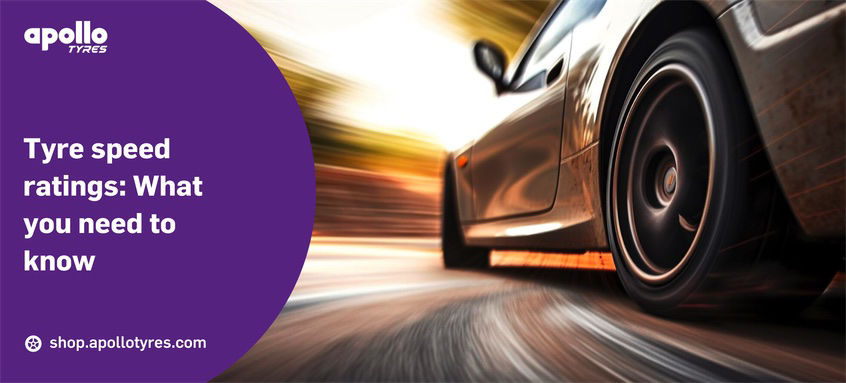
Tyre speed rating is a crucial aspect of tyre safety and performance. It indicates the maximum speed at which a tyre is designed to operate safely. Exceeding the speed rating can lead to premature tyre wear, loss of control, and even tyre failure. Therefore, it is essential to understand tyre speed ratings and choose tyres that are appropriate for your vehicle and driving habits.
What is Tire Speed Rating?
Tyre speed rating is a system that categorizes tires according to their maximum safe operating speed. The ratings are represented by letters, ranging from A to Y, with each letter corresponding to a specific speed range. The higher the letter, the higher the maximum safe operating speed.
Tire Speed Rating Chart
Here is a tire speed rating chart:
Speed Rating | Maximum Speed (mph) | Maximum Speed (km/h) |
A | 31 mph | 50 km/h |
B | 49 mph | 80 km/h |
C | 56 mph | 90 km/h |
D | 62 mph | 100 km/h |
E | 68 mph | 110 km/h |
F | 71 mph | 115 km/h |
G | 81 mph | 130 km/h |
H | 87 mph | 140 km/h |
V | 149 mph | 240 km/h |
W | 168 mph | 270 km/h |
Y | 186 mph | 300 km/h |
ZR | Over 249 mph | Over 400 km/h |
How to Find Your Tyre Speed Rating
Your tyre speed rating is usually located on the sidewall of your tyre. It is typically a letter that follows the tyre size and load index. For example, if your tyre has the following markings on its sidewall:
205/55R16 91V
The speed rating is V, which indicates that the tyre is safe for speeds up to 149 mph (240 km/h).
Importance of Tyre Speed Rating
Tyre speed rating is important for several reasons:
- Safety: Exceeding the speed rating of a tyre can lead to premature tyre wear, loss of control, and even tyre failure.
- Performance: Tyres with higher speed ratings are typically designed to handle the stresses of high-speed driving.
- Fuel Economy: Tyres with higher speed ratings are often more fuel-efficient than tyres with lower speed ratings.
Choosing the Right Tyre Speed Rating
The appropriate tyre speed rating for you will depend on your vehicle and driving habits. If you have a high-performance vehicle, you will need tyres with a higher speed rating. If you typically drive at high speeds, you will also need tyres with a higher speed rating. However, if you have a standard vehicle and you typically drive at moderate speeds, you may not need tyres with the highest speed rating.
Additional Considerations
In addition to tyre speed rating, there are other factors to consider when choosing tyres, such as:
- Load index: This indicates the maximum load that a tyre can safely carry.
- Speed index: This is a more specific measure of a tyre's maximum safe operating speed.
- Type of tyre: There are different types of tyres for different purposes, such as all-season tyres, summer tyres, and winter tyres.
Conclusion
Tyre speed rating is an important factor to consider when choosing tyres. By understanding tyre speed ratings and choosing tyres that are appropriate for your vehicle and driving habits, you can help ensure your safety and the performance of your vehicle.

